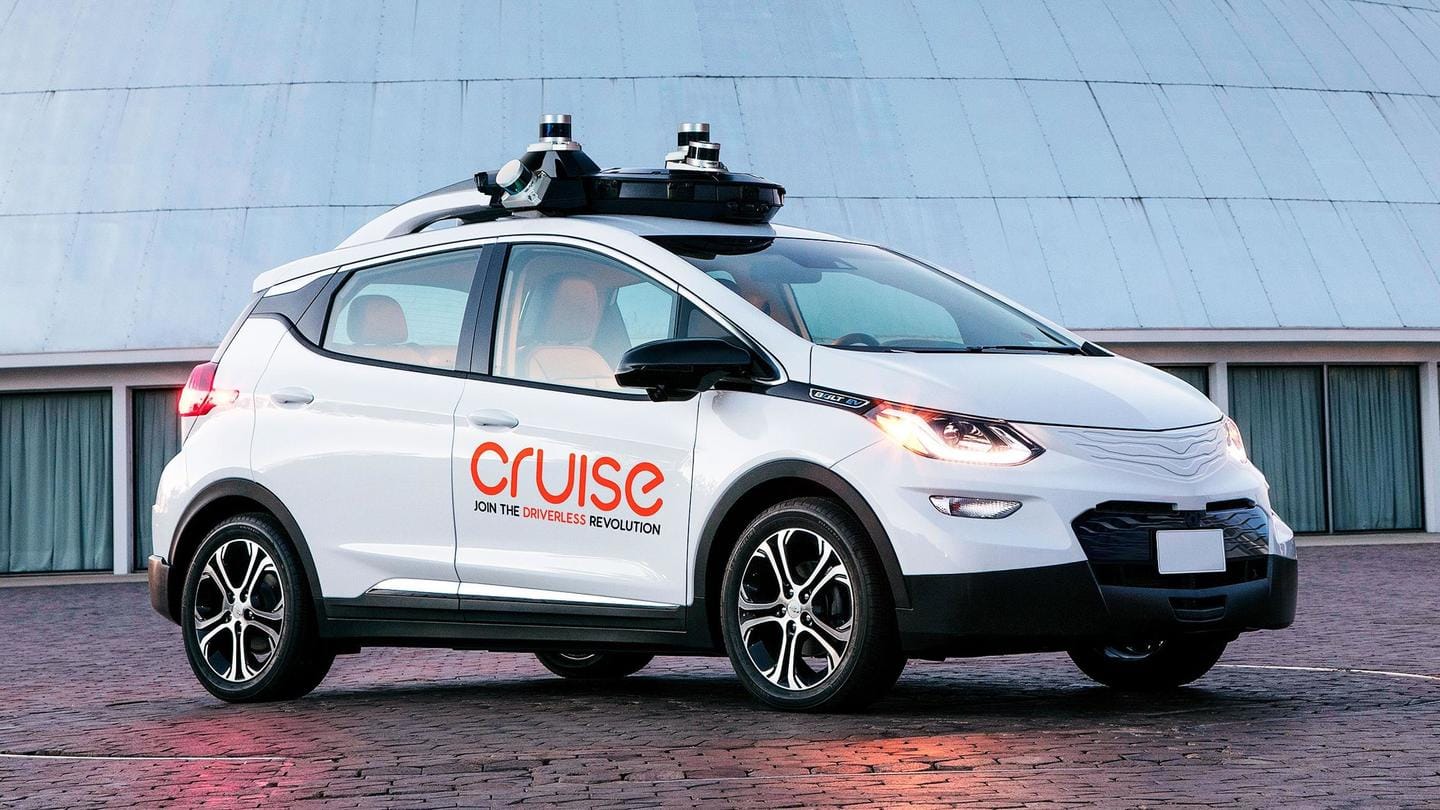
Microsoft partners with GM, invests $2bn in self-driving start-up Cruise
What's the story
Microsoft has jumped headlong into the driverless car space by investing $2 billion in Cruise. Microsoft's stake in General Motors' autonomous vehicle subsidiary takes its total valuation to an impressive $30 billion.
This is Microsoft's first major venture into this emerging segment. The company otherwise supplied connected car tech and cloud services to traditional automobile brands such as Volkswagen, Ford, and BMW.
Behind the scenes
Microsoft's first direct foray into driverless car race
Even as Silicon Valley bigwigs such as Apple, Google, and Tesla ramp up their involvement in the driverless vehicle segment, Microsoft had largely shied away from the emerging technology.
Its involvement was fairly peripheral, with a focus on delivering inter-vehicle communications infrastructure. The company has been working behind the scenes to create a connected vehicle program built on top of its Azure cloud platform.
Rapid growth
Cruise valuation swells 30 times in four years
To recall, General Motors had bought the self-driving start-up Cruise for $1 billion in 2016. Microsoft's current investment along with previous contributions from SoftBank and Honda have now multiplied Cruise's valuation 30 times from the initial acquisition figure.
Meanwhile, its most significant competitor, the Alphabet-owned, Waymo has managed only one external funding round of $3 billion so far. Its total valuation remains undisclosed.
Implementation
Cruise still lags behind Alphabet's Waymo in commercial autonomous vehicles
Cruise might have raised more money than Alphabet's Waymo, but GM's subsidiary still lags behind when it comes to achieving results.
Cruise failed to launch a commercial driverless taxi service in 2019, even as Waymo continues to run a driverless car service that's open to select members of the public. Cruise only allows its own employees to ride its vehicles at the moment.
Improvization
Cruise dodged pandemic testing restrictions with driverless food deliveries
COVID-19 played spoilsport with Cruise's capability to test driverless vehicles. The company, however, improvized by providing food deliveries using its driverless fleet, thereby allowing it to continue the testing program in the guise of an "essential service".
The nature of the company's Cruise Origin driverless car was another factor, since the design was optimized for multi-passenger ride sharing, which is problematic during a pandemic.